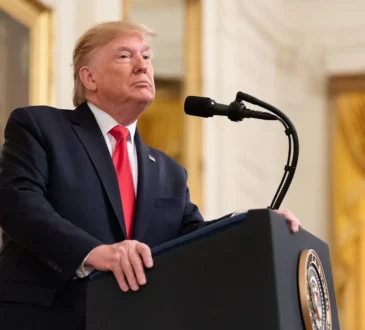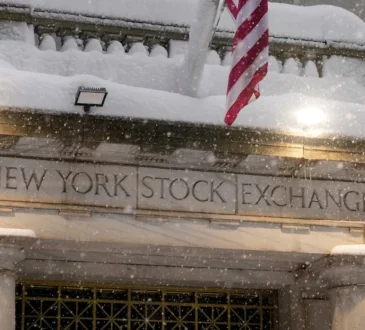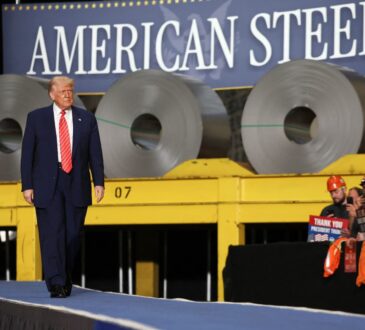By Selena Li, Yantoultra Ngui and Anton Bridge
HONG KONG/SINGAPORE (Reuters) -A sharp rally in Asian currencies is set to boost demand for wealth and forex products as clients seek alternatives to U.S. dollar-denominated assets and demand for hedging grows amid trade tariff uncertainties, bankers and analysts say.
The rally in the currencies since last week, starting with the Taiwan dollar and spreading outwards to those of China, Hong Kong, Malaysia, Singapore and South Korea, sounds a warning for the greenback, and is seen as an “Asian crisis in reverse”.
“Most of our clients are Asian, so if their own currency is growing, that gives them more purchasing power for wealth management products,” Tan Su Shan, chief executive of Singapore’s biggest bank DBS Group, said on Thursday.
A strong Singapore dollar would help bring a “pool of wealth” into the leading global wealth management hub said Leong Yung Chee, the chief financial officer of its United Overseas Bank or UOB.
Singapore’s currency has risen more than 4% since U.S. President Donald Trump hiked tariffs on April 2.
“We hope to benefit from that in terms of the wealth management of some businesses that we do for retail clients,” Leong said, during the bank’s earnings briefing on Wednesday.
The expectations underscore how President Donald Trump’s trade policies are pushing investors out of U.S. assets and moving their money into Asia, amid growing questions about the status of the greenback as a safe haven.
A weaker dollar is expected to cloud demand for popular U.S. fixed-income assets among wealth management clients in Asia, who may now be more open to investing in local currency denominated assets, analysts said.
The return of assets to Asia will further bolster the allure of the region as a leading global wealth hub.
Between 2025 and 2028, Asia is set to account for nearly half of all new high-net-worth individuals, or those with more than $10 million in assets, according to Knight Frank’s 2025 Wealth Report issued in March.
The Asian currency swings have not yet hugely influenced investor sentiment, said Morningstar senior analyst Michael Makdad. However, over the long term, currency trends could affect flows as investments are allocated out of U.S. assets.
In Taiwan, a substantial portion of household financial assets has traditionally been allocated to life insurance products that invest heavily in dollar assets, and a leap of 8% in its currency within two days sent tremor across the sector.
“If Taiwanese life insurers struggle to generate attractive returns from U.S. fixed-income investments, it may open the door for banks to offer more alternative wealth management solutions instead,” Makdad said.




